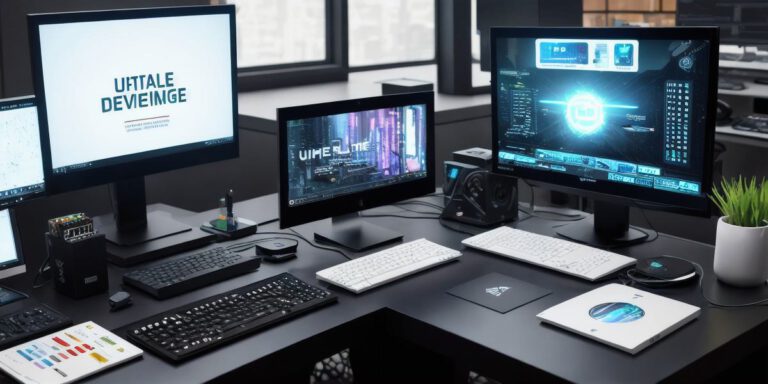The Future of Ubuntu: Unity’s Successor?

Introduction:
Ubuntu, one of the most popular Linux distributions, has been a favorite among developers for its ease of use and vast array of tools and libraries. However, Unity, the default desktop environment for Ubuntu, has faced criticism for being slow, resource-intensive, and not user-friendly enough for some users. In this article, we will explore what’s next for Ubuntu after Unity and how developers can continue to leverage this powerful platform.
The Rise of GNOME:
GNOME, the alternative desktop environment for Ubuntu, has gained popularity among developers who prefer a more traditional desktop experience. GNOME is known for its sleek design, stability, and compatibility with a wide range of hardware and software configurations. While Unity was designed to be more user-friendly and interactive, GNOME provides a more familiar and powerful desktop environment that many developers prefer.
The Advantages of GNOME:
GNOME offers several advantages over Unity for developers, including:
- Stability and Performance: GNOME is known for its stability and performance, making it an excellent choice for development workflows. It also supports a wider range of hardware configurations, which makes it easier to deploy on different systems.
- Familiarity: GNOME provides a more traditional desktop environment that many developers are familiar with. This makes it easier to transition to GNOME from other operating systems and reduces the learning curve for new users.
- Powerful Tools and Libraries: GNOME comes with a vast array of powerful tools and libraries, making it an excellent choice for developers who need advanced features and functionality. It also supports a wide range of programming languages, including C++, Python, Java, and more.
- Customization: GNOME is highly customizable, allowing developers to tailor their desktop environment to suit their needs. This makes it easier to create a streamlined workflow that meets the specific requirements of individual projects.
Conclusion:
While Unity may have its limitations, GNOME provides a powerful and reliable alternative for developers who want a more traditional desktop environment. With its stability, performance, familiarity, powerful tools and libraries, and customization options, GNOME is well-positioned to continue its popularity among Ubuntu users. As the future of Ubuntu unfolds, it will be fascinating to see how GNOME evolves and adapts to the changing needs of developers and other users.








